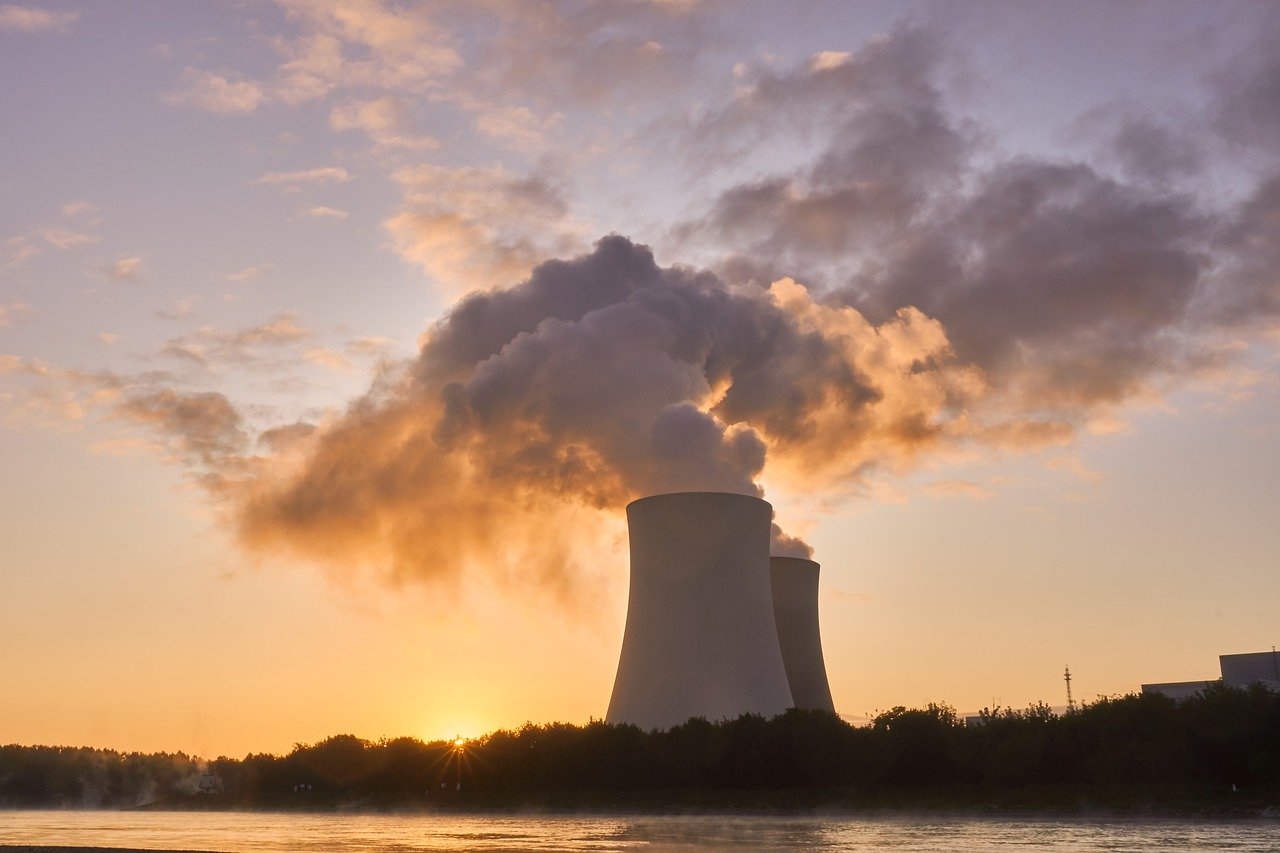With the world looking to consolidate ventures in cleaner and greener electricity sources post-COVID-19, electricity from nuclear sources offer a key option.
The World Nuclear Association in a recent study states the opportunity for governments to invest in nuclear energy, which addresses the COVID-19 crisis and manages issues such as climate change, air pollution and energy crisis.
Somik Das, Senior Power Analyst at GlobalData, said: “Nuclear power plants can maintain grid stability with the ability to regulate plant yield to follow demand and help constrain the impacts of seasonal variances in renewable energy yield. In the current situation, investment in nuclear energy is anticipated to accelerate the transition to a low-carbon economy, increased energy resilience and creation of huge numbers of long-term, high-skilled domestic employment that pay premium compensation.”
The share of nuclear-based generation in South Korea rose amid the pandemic, whereas in the UK, nuclear played a key role in providing the support to make up the lost production from crippled coal generation during the COVID-19.
In China, electricity production diminished during January-February 2020 by more than 8% year-on-year. Compared to the significant reduction in generation from coal and hydropower, nuclear was more resilient with a mere 2% reduction in China. Even with the pandemic this year, the share of nuclear in electricity generation in the generation mix is anticipated to remain steady in the country as last year.
The Nuclear Energy Agency in its policy briefs mentioned the COVID-19 recuperation phase as an opportunity for appropriate policy and market frameworks to incentivize investment in fundamental infrastructure that bolsters low-carbon electricity security and economic development. The 108 new planned nuclear reactors and the long-term operation of existing 290 reactors globally can play a key role within the post-COVID-19 economic recovery efforts by boosting economic development and provide stability to the generation mix.
Das concluded: “The global power industry and governments need to consider and provide a level playing field to the nuclear generation that values reliability and energy security. A harmonized nuclear regulatory environment and a holistic safety paradigm along with RE development will act as a catalyst towards global decarbonization.”
Image by Markus Distelrath from Pixabay






